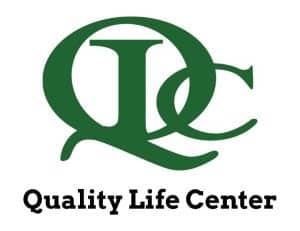ADHD Counseling
ADHD is chronic condition including attention difficulty, hyperactivity, and impulsiveness. ADHD often begins in childhood and can persist into adulthood. It may contribute to low self-esteem, troubled relationships, and difficulty at school or work. Attention-deficit/hyperactivity disorder (ADHD) is one of the most common mental disorders affecting children. ADHD also affects many adults.
An estimated 8.4% of children and 2.5% of adults have ADHD. ADHD is often first identified in school-aged children when it leads to disruption in the classroom or problems with schoolwork. It is more common among boys than girls. Treatments include medication and talk therapy.
Symptoms of ADHD Include:
- Inattention (not being able to keep focus)
- Hyperactivity (excess movement that is not fitting to the setting)
- Impulsivity (hasty acts that occur in the moment without thought)
People with ADHD May Experience
- Behavioral: aggression, excitability, fidgeting, hyperactivity, impulsivity, irritability, lack of restraint, or persistent repetition of words or actions
- Cognitive: absent-mindedness, difficulty focusing, forgetfulness, problem paying attention, or short attention span
- Mood: anger, anxiety, boredom, excitement, or mood swings
- Depression or learning disabilities
ADHD Therapies Include:
- Support groups
- Cognitive Behavioral Therapy
- Anger Management
- Counseling
- Psychoeducation
- Family Therapy
- Applied Behavioral Analysis
ADHD Medications Include:
- Stimulant
- Cognition-enhancing medication
- Antihypertensive drug
Children with untreated ADHD may face problems at home and at school. Because ADHD can make it hard for children to pay attention in class, a student with untreated ADHD may not learn everything they’re taught. They may fall behind or get poor grades. Children with ADHD may struggle to control their emotions.
ADHD Triggers Include:
- Stress
- Poor sleep
- Certain foods and additives
- overstimulation
- Technology
Once you recognize what triggers your ADHD symptoms, you can make the necessary lifestyle changes to better control episodes.
